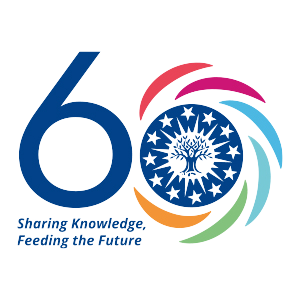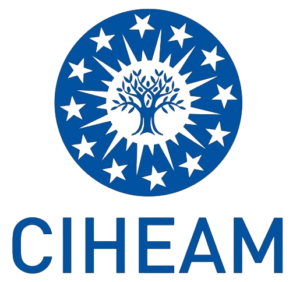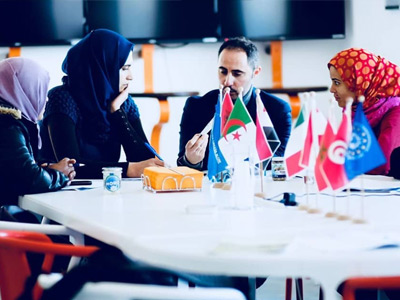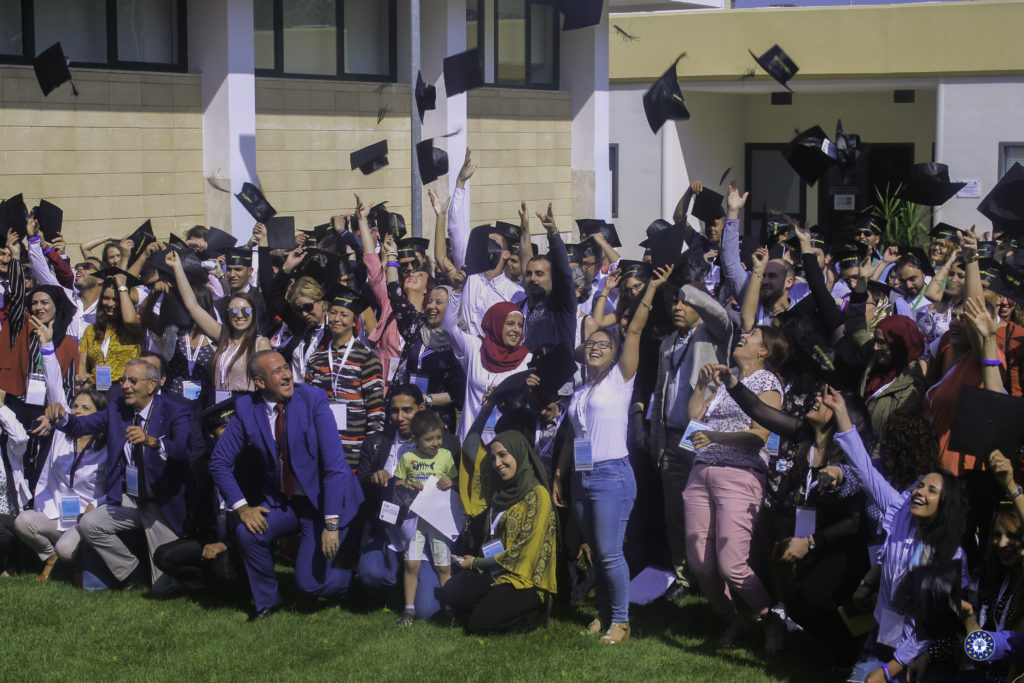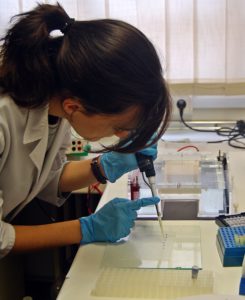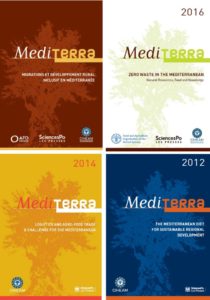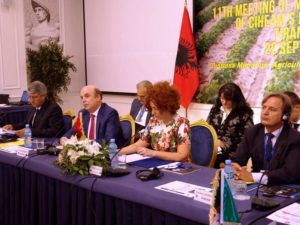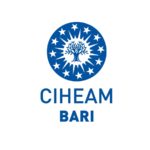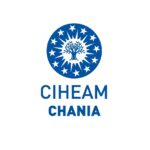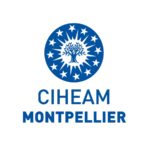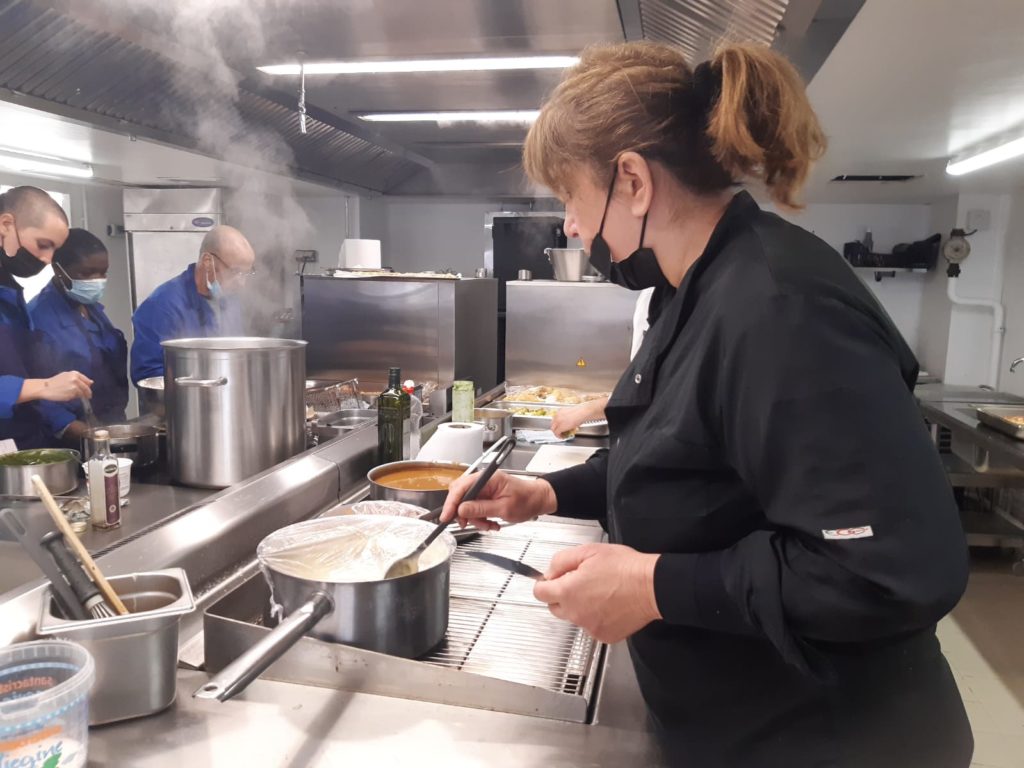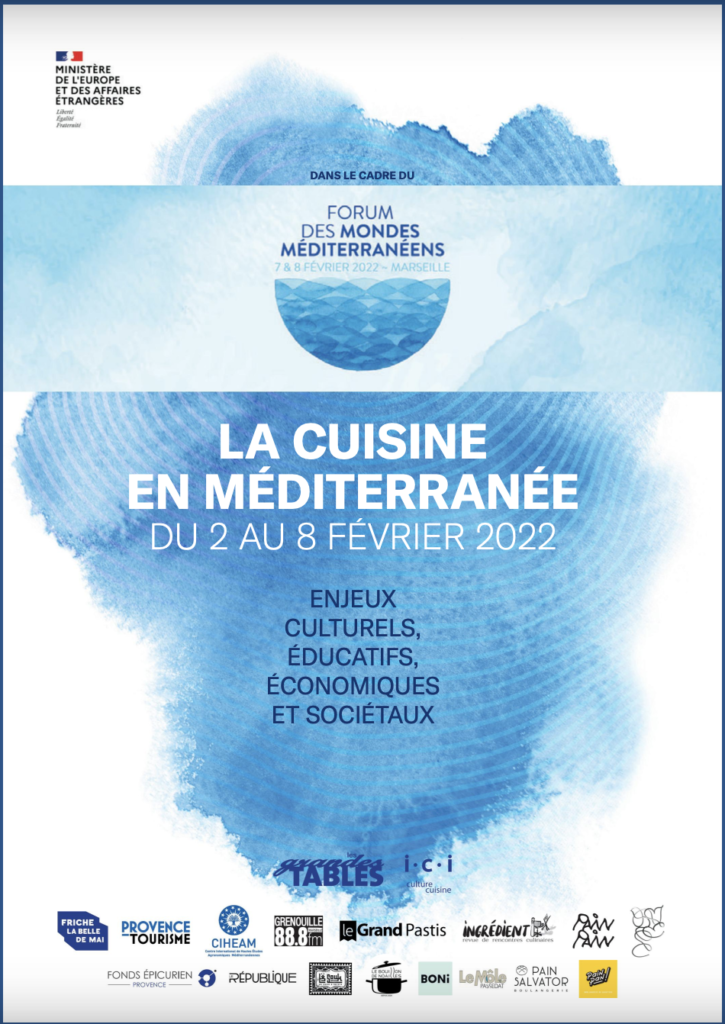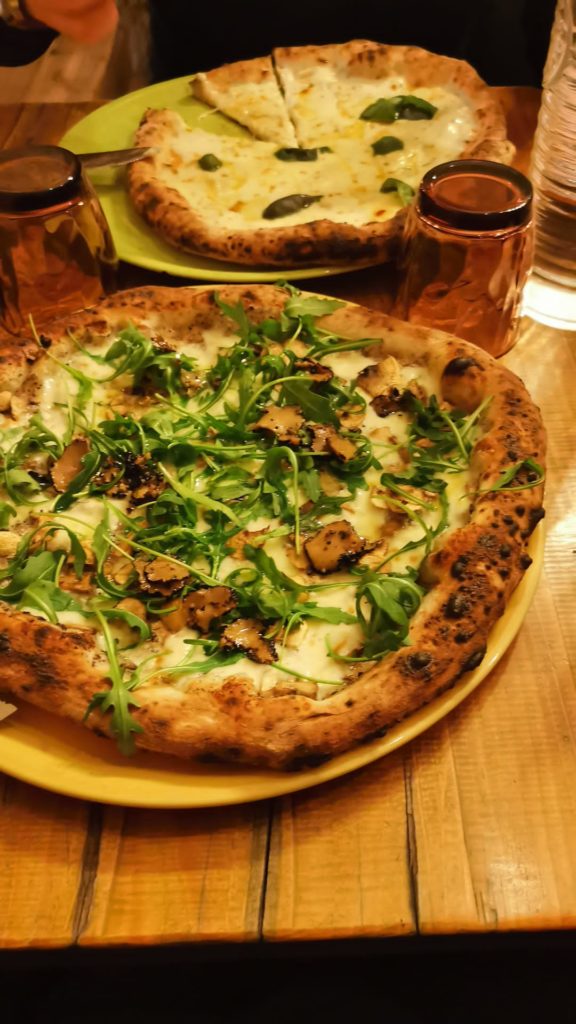The CIHEAM has participated in the Forum des Mondes Méditerranéens that was held in Marseille (France) on 7 and 8 February 2022. It mainly focused on Mediterranean culinary and gastronomic heritages and their cultural, economic and educational challenges in the Mediterranean.
While the CIHEAM strives to strengthen more sustainable food systems in the Mediterranean and invests in the transmission of knowledge and capacity building of communities, during this Forum, it wished to recall that these heritages - of which the Mediterranean Diet is a component - are rich in valuable knowledge and practices capable of accompanying the transitions at work towards a more sustainable, healthier and fairer food production.
The CIHEAM also wished to recall that these heritages represent bridges between the women and the men who breed, fish and cultivate local products, who create recipes and cook dishes and who train future generations in essential trades. At a time when food security is disrupted in several countries of the region, it is not only necessary to preserve the social, cultural and heritage dimensions of food in the Mediterranean but also to consider them as part of the solution to the problems faced by the countries and as opportunities for Mediterranean cooperation which must now find new impetus.
“Manifesto for a Mediterranean Gastronomic Ambition”
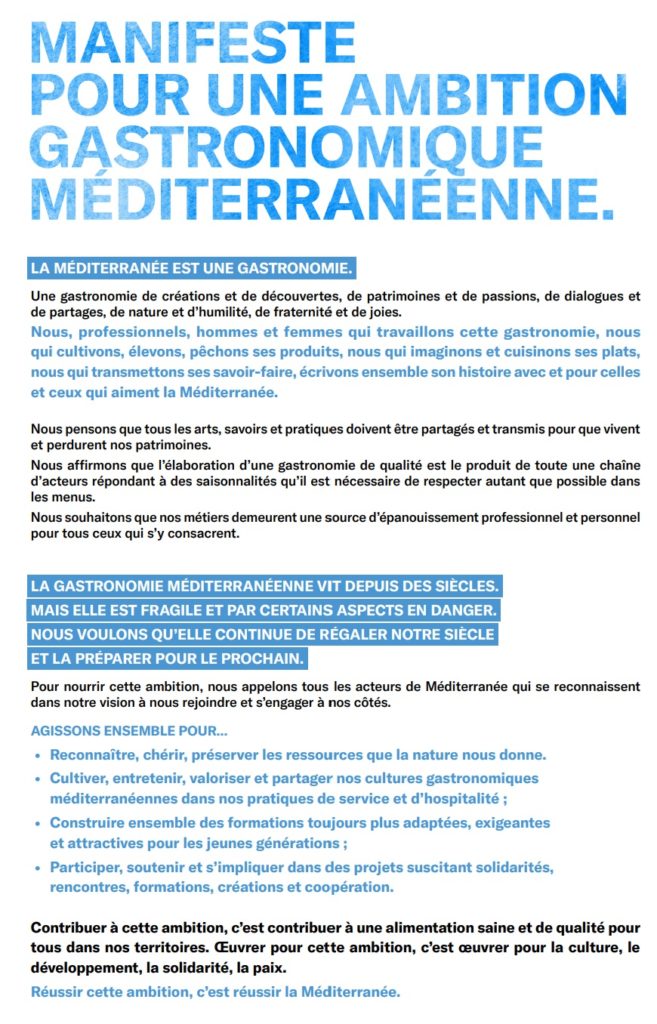
As such, the CIHEAM was one of the first signatories of the “Manifesto for a Mediterranean Gastronomic ambition” supported by various actors in the fields of agriculture and fishing, cuisine and gastronomy, culture, tourism and even education and training. This manifesto particularly calls upon stakeholders to:
- Recognize, cherish, preserve natural resources;
- Cultivate, maintain, enhance and share Mediterranean gastronomic cultures in service and hospitality practices;
- Build ever more adapted, demanding and attractive training courses for the younger generations;
- Participate, support and get involved in projects fostering solidarity, encounters, training, creativity and cooperation.
Cooking in the Mediterranean: the other component of the Forum
Besides signing this manifesto, the CIHEAM has participated in other initiatives. The Centre has also collaborated with Les Grandes Tables, a restaurant devoted to encounters, culinary and cultural exchanges revolving around cooking and food, in the framework of the culinary component of the Forum to address the cultural, economic and societal issues of Mediterranean cuisine as well as the transmission of know-how in the presence of chefs and academics from Algeria, Egypt, Crete, France, Morocco and Tunisia.
As part of this collaboration, from 3 to 8 February, cooks and bakers were hosted in the residence in restaurants and bakeries in Marseille to prepare menus in a collaborative way. For instance, Olympia Markoulaki, Chef of the restaurant of the CIHEAM Institues in Chania (Crete) was in residence with Sébastien Richard, Chef of the community restaurant Le République.
The CIHEAM also took part in an evening devoted to bread, the flagship product of the Mediterranean. Different courses of the menu were served with several breads and brioches from the Mediterranean. Some of them were prepared by bakers from Marseille, others were kneaded and baked by guest bakers, including Olympia Markoulaki, who baked a Tsourekia, a traditional Greek mastic brioche prepared for Easter.
Lastly, at the end of these days, a working meeting was held in the presence of the various actors involved in the programming of the culinary component of the Forum to discuss collaborations, and especially to develop synergies between the various actors of the food value chain in the region, with particular attention given to the challenges of training and youth employment.
“Sustainable Agriculture and Forests in the Mediterranean” Workshop
The CIHEAM also organised a workshop on Sustainable Agriculture and Forests in the Mediterranean, with the participation of the International Association of Mediterranean Forests (AIFM). Under the combined effect of climate change, population growth and shifting consumer demand, agricultural and forestry systems in Mediterranean countries must be transformed to remain resilient.
This workshop of the CIHEAM has allowed the introduction of the major issues of the Mediterranean basin in these fields and enabled to illustrate the possible transitions towards greater sustainability thanks to solutions that have proven themselves in the field. This workshop took an interactive form first with a brief presentation of the concept, then with the presentation of CIHEAM projects developed in the field) and exchanges with the audience.
More information on the culinary component of the Forum here

